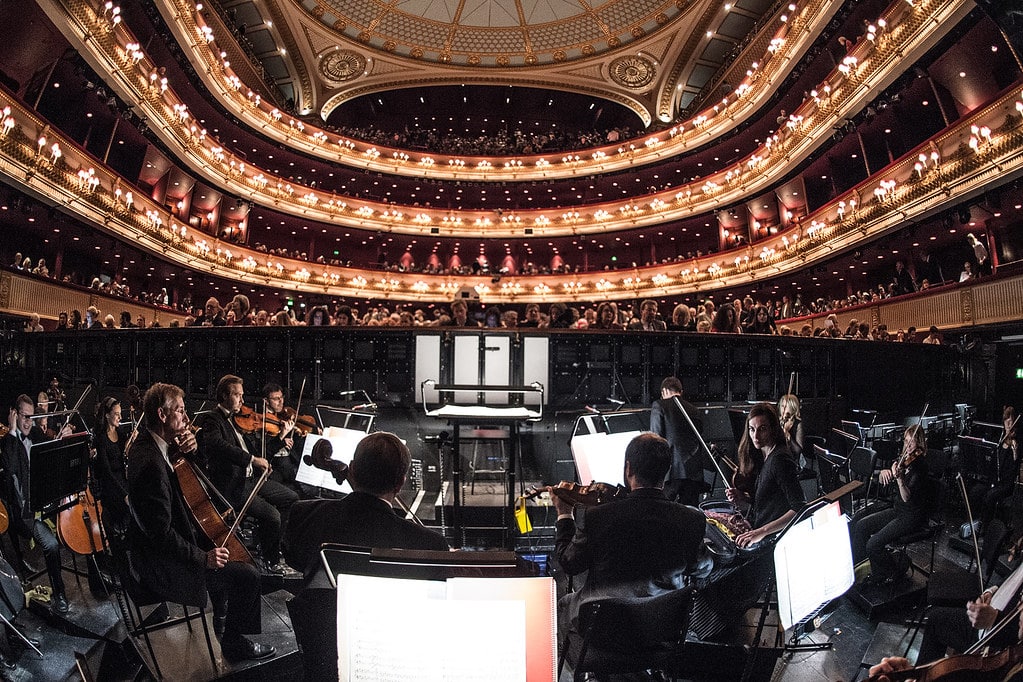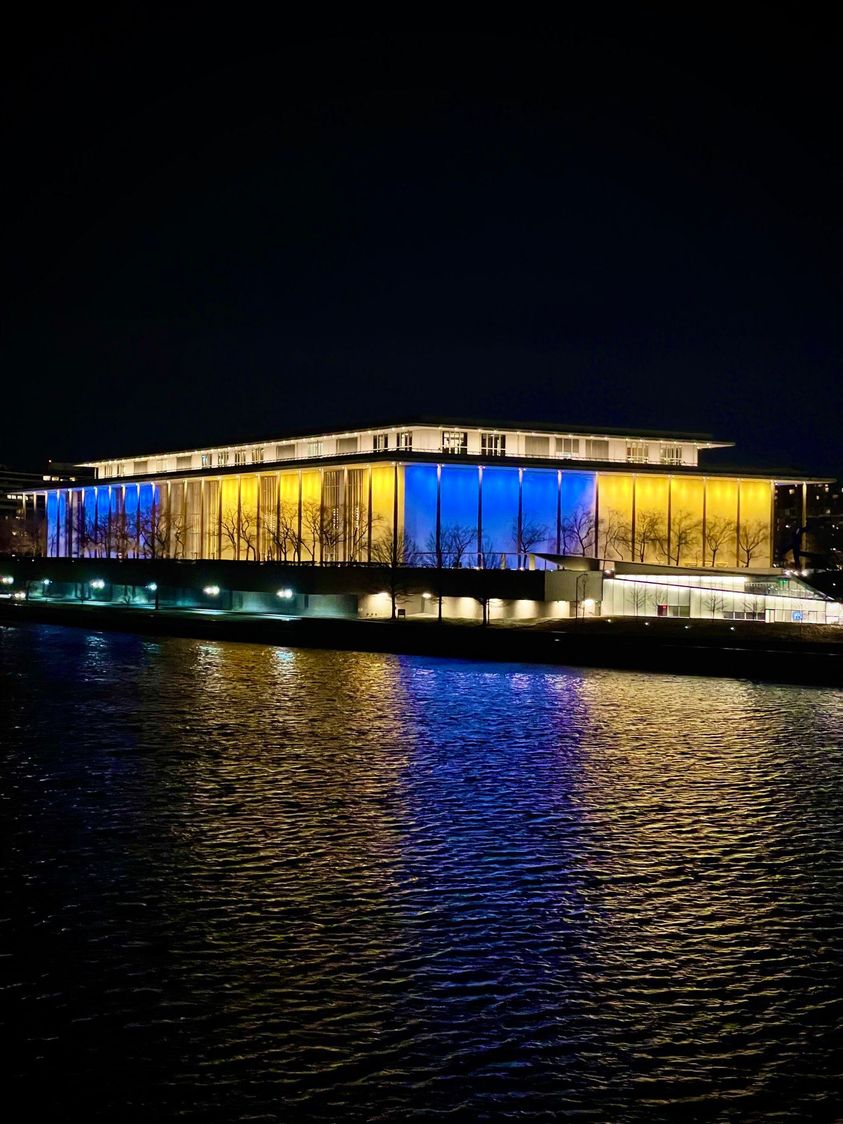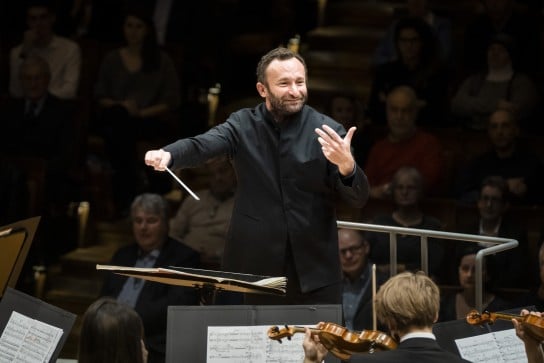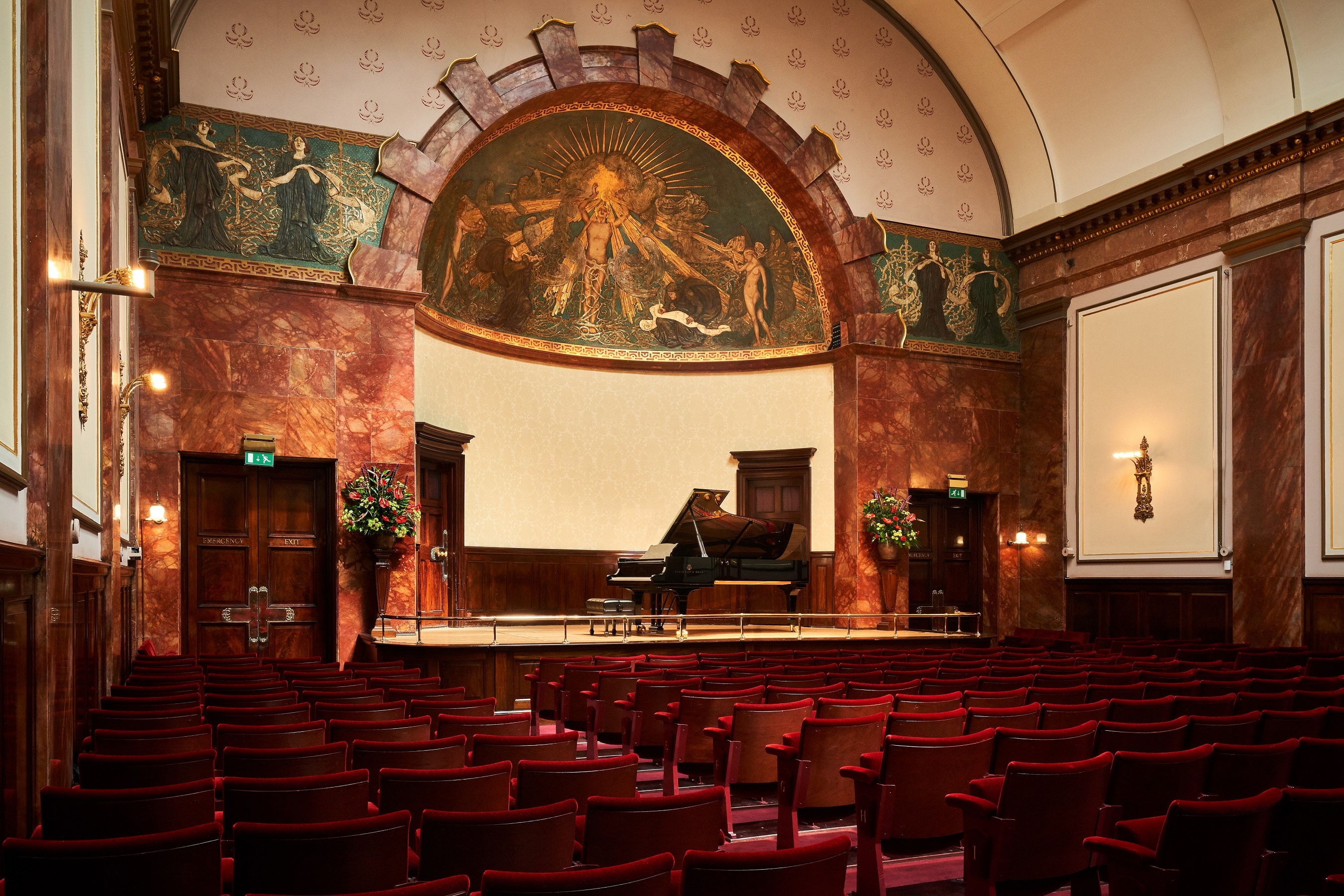How the arts can overcome Brexit and Covid
mainIn the Spectator this week, I have laid out some paths to artistic regeneration once the two great clouds have passed over.
Among other things, I warn that…:
… Not all of our orchestras will survive 2021. One chief conductor, nameless for obvious reasons, expects two to go bust in London and two more in the regions.
It’s imperative that we use the Covid down time to build for the future. No point in looking to the Arts Council, which inhibits more than it stimulates, or to arts boards, which are made up of honours seekers and the idle rich.
The arts think they will muddle through this crisis as they always do, but nemesis is knocking at the door. No Eurekas are coming out of Zoom conferences and no one has yet figured out how to make money from streaming concerts and opera. Two years’ revenues will have been lost before full performance is restored. What’s needed is a central figure, a musical tsar with Downing Street access, a new face who can water some green shoots and spread hope of revival.
Read on here,






Comments